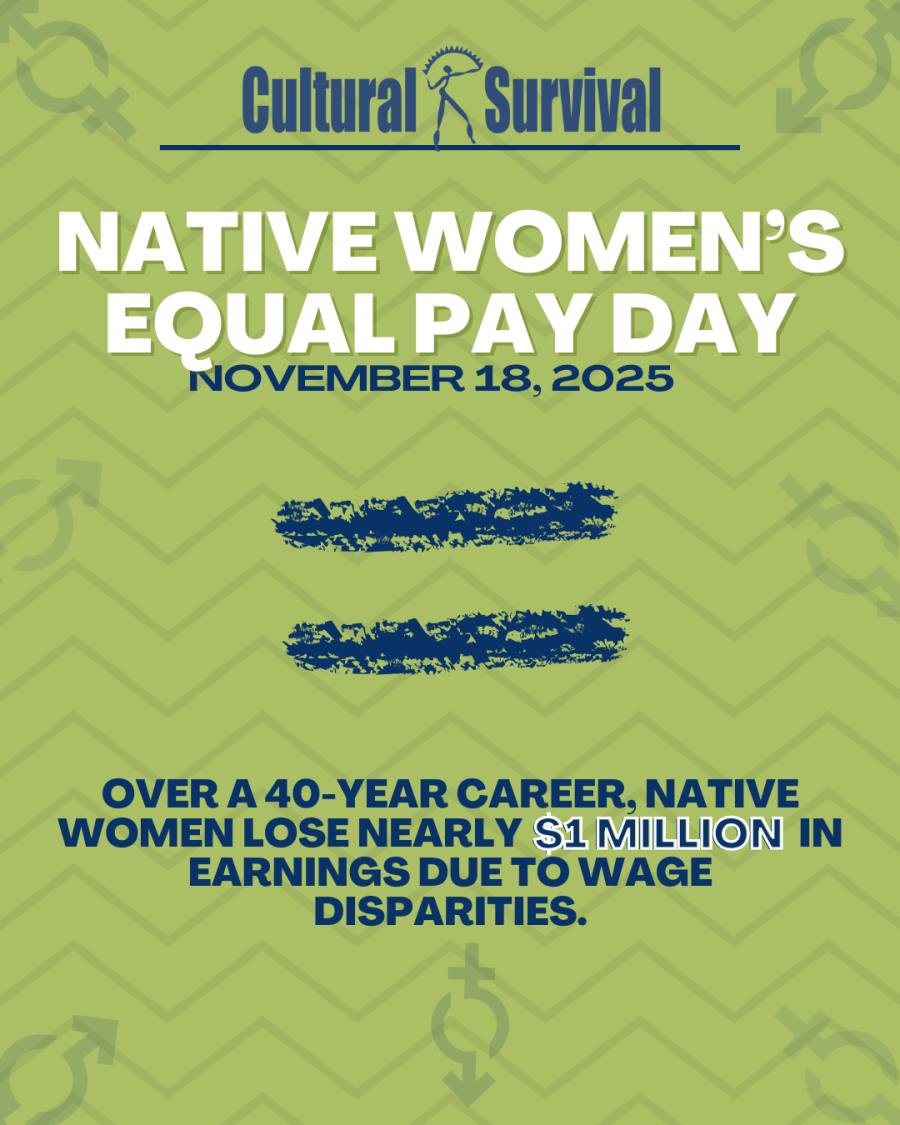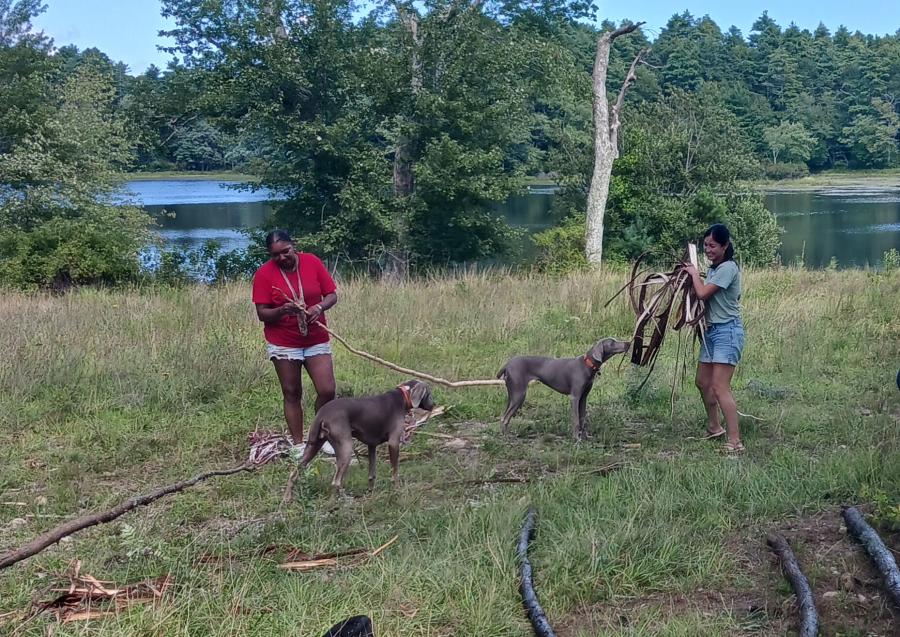Despite the fact that there are global trends in favor of reparations for indigenous peoples, the United States has no general program of reparations for Native Americans and no prospects for adopting one. Part of the reason for this may be political, but the larger part lies in the origins and basic philosophy of the country.
From our earliest founding we Americans have tended to believe that government’s primary job is the protection of individual rights, rather than “social engineering.”
You can see this tendency in the way the Supreme Court and lower courts have addressed reparations for minorities. For example, the proponents of affirmative action typically try to present it as a system of remedial justice for individuals; they obviously sense that to portray it as social policy or collective remediation would ensure its defeat. According to Justice Lewis Powell, the Equal Protection Clause rests on the principle of racial liberalism, rather than anti-subjugation: all individuals should be treated as individuals, rather than as members of racial groups. To attach significance to someone’s race is to regard them merely as an exemplar of the group, rather than as a discrete person with independent rights.
But if the American legal system cares so much about remedial justice, then why hasn’t it offered real reparations for Native Americans? Indians allege not merely that wrong was done them as individuals but collectively—that the United States took their sovereignty. And the United States has a hard time acknowledging that the taking of Native Americans’ sovereignty was unjust, because America came into legal being as a result of that taking. The United States has always insisted that it rests on the consent of the governed. According to our national mythology, America was “born liberal,” isolated by the ocean and created by a self-governing citizenry. But in fact America’s territorial sovereignty is the result of conquest. And that reality plays out in the legal approach to reparations because American judges have to develop an account that makes the conquest seem legitimate. Otherwise, because their own power arises from conquest, they would be forced to declare themselves illegitimate. So they must find or make a serviceable origin myth.
American Indians’ reparations claims undermine this myth-making. Tribal claims do not just suggest that the United States has violated its own laws and so must make its victims whole; they further suggest that the United States had no right to extend its jurisdiction over the North American continent in the first place. American courts would have an easier time recognizing claims brought by individual Indians for individual justice according to American laws.
For that reason, Congress has shown no inclination to roll back the years by restoring lost sovereignty. And the Supreme Court has held that tribes implicitly lost much of their sovereignty when they were incorporated into the United States. Many people—including myself—believe that the court has decided to use this doctrine to systematically pare back tribal jurisdiction.
Congress did offer one opportunity for tribes to sue for compensation even for very old takings of aboriginal land. From 1947 to 1952, under the Indians Claims Commission Act, tribes could bring claims from actions that happened before 1947, without any statute of limitations. But if the commission found in favor of the tribe, it could award only the value of the land at the time that it was taken, not interest for the passage of time. As a practical matter, this restriction was devastating: because many of the claims were quite old, their value without interest was minimal. And why did the commission deny interest? In its view, the taking was not a legal wrong at the time that it was done; if there was no wrong, there should be no interest on the wrong. The compensation was given only as a matter of grace, not right—as a gift, not a remedy. In other words, Congress was not really granting reparations for the taking of aboriginal title. It was bestowing largesse.
Much of our current legal approach to reparations stems from Chief Justice John Marshall’s opinions in his famous trilogy of Indian Law cases in the early 1800s. Some people argue that the cases are saturated with racism, especially in their invocation of the doctrine of discovery: European sovereign nations had the right to take territory from Indian sovereign nations simply because Europeans were superior, i.e. Christian and civilized. But these cases don’t rely on the doctrine of discovery to justify taking land from the tribes. Instead, they insist that the United States created itself through conquest of the native peoples; that the conquest was of dubious morality; but that the courts must nonetheless uphold the power obtained through conquest because their own sovereign authority to speak as judges is part and parcel of that power. In other words, Marshall could contest the claims of conquest as a private citizen but not as a judge, not so long as his own authority depended on the sword.
This is why the idea of reparations is so intimidating for many people. Affirmative action casts no doubt on the legitimacy of the United States; it suggests only that America failed to live up to its own ideals and so must now repair the damage. Tribal claims for sovereignty, on the other hand, seem to imply that the country is corrupt at its base, and that goes to the heart of who we are. American exceptionalism is a profound part of our self-conception: we are God’s chosen nation; we hold ourselves to higher standards; we stand for and are defined by an ideal, rather than realpolitik. Some other country, perhaps, might accept this stain on its conscience, but America aspires to stainlessness. An irredeemably sinful America is not America. And so in the context of American culture, an imperfect origin really does suggest the present illegitimacy of the country.
Americans don’t like guilt. They feel that if they just do the right thing, they should never have to feel guilty. Many see no point in guilt, because the good life is the consumer life, drinking up American prosperity without a second thought. And America’s practice of remedial justice has gained force from this guilt-aversion: the whole point in remediation is that afterwards, everyone gets to feel washed clean.
But if we accept that guilt is an inevitable feature of human life, that moral purity is not possible for us as a nation, then we can explore the possibility of reparations. We might find that we can taste guilt and it won’t poison us. It will merely open our eyes.
David Williams is the John S. Hastings Professor of Law; and the director of the Center for Constitutional Democracy in Plural Societies, Indiana University School of Law, Bloomington, Indiana.
This article was adapted from the chapter titled “In Praise of Guilt: How the Yearning for Moral Purity Blocks Reparations for Native Americans” in the forthcoming book Reparations for Indigenous Peoples: International and Comparative Perspectives, edited by Federico Lenzerini. The book will be published by Oxford University Press in February 2008 (ISBN-13: 978-0-19-923560-5).


